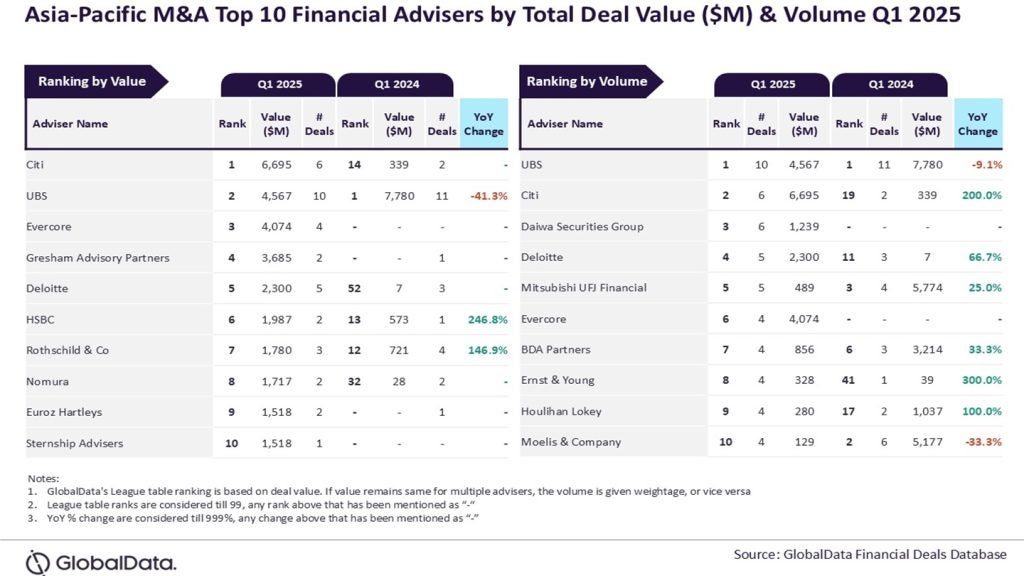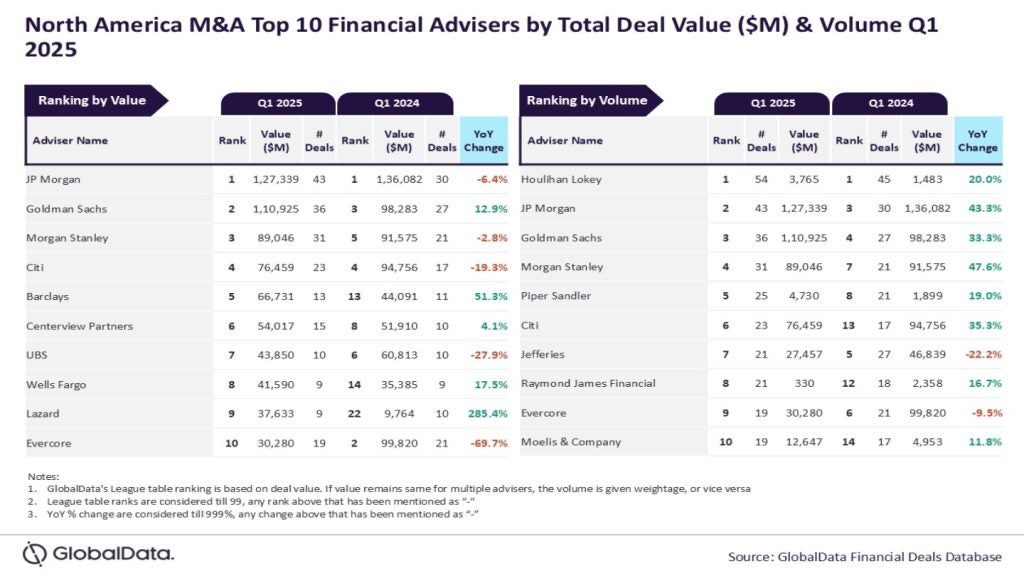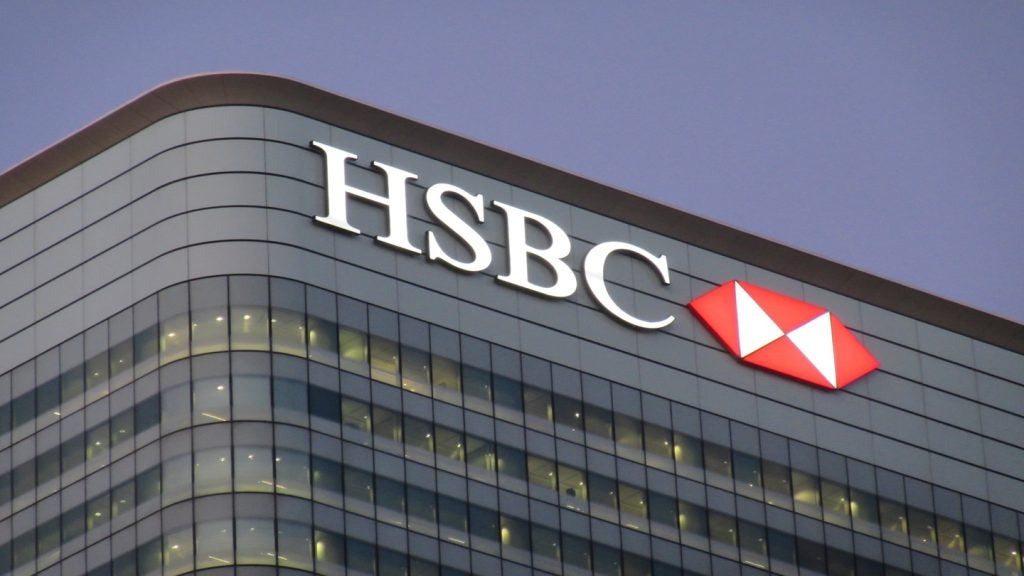One of London’s most defining characteristics is its status as a global melting pot of diverse cultures and communities. The city’s capacity to embrace diversity, innovation, resilience and talent from both a local and international spheres has significantly contributed its ongoing success as a leading financial hub. Financial services could step up with a diverse workforce. Asif Aziz writes
London as a benchmark
London’s financial services sector (FSS) is a case in point. This year’s City of London Corporation benchmarking study confirmed that London continues to be competitive and a global player in the FSS. Some of this is due to inclusive policies aimed at traditionally underrepresented groups in the sector. For instance, 40% of women serve on FSS boards in the UK, compared to 25% in New York or 11% in Singapore.
It’s worth recognising that London has always attracted wealth and capital from all over the world, including from Islamic countries in regions such the Middle East and Asia. In recent years, London has become an increasingly appealing city for Islamic finance, a sector which is projected to amass a value of $4trn by 2026, according to a recent TheCityUK report. This investment into London will not only help the city enhance its position as a leading global financial hub but also increase its responsibility to create more opportunities for finance experts and higher skilled professionals from diverse backgrounds – both for the Islamic finance sector and wider FSS in London.
It’s also important to recognise the steps being taken within the FSS to include minority ethnic representations and to meet these demands. The sector has accelerated its commitment to creating greater access to careers for minority groups or individuals from less privileged backgrounds – a clear indication that diversity is far from a buzzword. Earlier this year, the Financial Conduct Authority (FCA) and Prudential Regulation Authority (PRA) outlined a series of measures aimed at boosting diversity and inclusion across the FSS. These efforts are intended to support healthy work cultures, diminish groupthink and unlock talent.
The FCA and PRA both recognise that businesses investing in a diverse workforce will be empowered to deliver better internal governance, decision making and risk management. Enhanced ethnic minority and gender inclusivity will also enable businesses to become more competitive, appealing to both a wider pool of talent and global stakeholders.

Financial services embracing a diverse workforce
Many financial enterprises have long been opening their doors to minority groups at the grassroots level. Initiatives such as the Barclays and Credit Suisse diversity programmes create opportunities for Black, Asian and Minority Ethnic (BAME), LGBTQ+ groups, and women who are typically underrepresented in the UK’s FSS.
Similarly, the Aziz Foundation was set up to specifically boost ethnic minority representation, eliminate gender bias, and to equip Muslim students with the valuable skills and opportunities needed to gain a foothold in today’s competitive workforce. To date, the Foundation has invested more than £7m in granting 500+ scholarships to Muslim post-graduate students, through initiatives such as the Preferred Partnership Scheme. This scheme partners with over 40 British universities, each of which are committed to improving the lives of British Muslim students.
Such diversity and inclusion programmes have the power to positively transform underrepresented groups in today’s job market. Looking at the Muslim community in London as one specific example, it’s concerning to see that whilst they account for 15% of the population – the second largest ethno-religious group – they remain one of the most financially deprived in the city.
In fact, today the average household income for many British Muslims in the UK is under £30,000. Initiatives that address these issues, whether it’s providing free master programmes for students, or internships at reputable banks, all work to further the diversity and inclusion agenda in the industry.
As we head into the new year, it’s worth noting that when it comes to diversity and inclusion, financial institutions need to further invest in training and development opportunities and programmes for BAME, other minority groups. This is especially crucial for Gen Z, the future of the finance industry. This generation is not only the most racially and ethnically diverse when it comes to the British workforce, but they are more globally conscious than their predecessors and much more likely to jump from job to job.
Everyone needs a role model. Leadership isn’t solely about driving business growth or being the face of a company. Today, more than ever, leaders need to inspire and motivate their workforce, and a key component of this is relatability. Viewing this through a diversity and inclusion lens, BAME recruits are unlikely to stay if they feel a sense of imposter syndrome, an inability to connect or relate to their work environment or a lack of diversity, particularly in senior roles.
Many FSS institutions have implemented highly innovative diversity recruitment initiatives. However, without appropriate mentoring, support, training and development programmes, attrition rates could increase – and quite rapidly too. In its recent UK Financial Services Report, ‘Race to Equality’ surveyed 800 employees in the FSS and found that 70% feel their leadership team is not fully committed to DE&I despite implementing diversity policies. The report also found that this lack of representation can influence job moves, with nearly 40% of ethnic minorities likely to search for a new role across the next six to 12 months.
This situation could result in a zero-sum game for those companies striving to enhance diversity and who are making huge efforts to work on existing diversity schemes and programmes. Investing in providing a clear career path along with ongoing support, training and development will help boost diversity levels in the workforce, extending beyond the simply creation of diversity schemes and policies.
Over the coming years, London has the potential to further enhance its reputation as a global financial hub by tapping even more into the international talent pool within its reach. Diversity and inclusion hiring initiatives are excellent and thankfully show no sign of slowing down. But it’s particularly critical for institutions within the FSS to invest in people at an early stage through scholarships and partnership programmes with educational institutions. Once these graduates enter their professional career it is then crucial to provide a clear career path, so that these typically underrepresented groups can experience diversity at all levels – from school and early career right through to the boardroom.
We also need to educate the wider public as authentic diversity does really start with values that you develop at home and apply at work rather than an ESG box that needs to be ticked.
Asif Aziz is the CEO at Criterion Capital and founder of Aziz Foundation.








